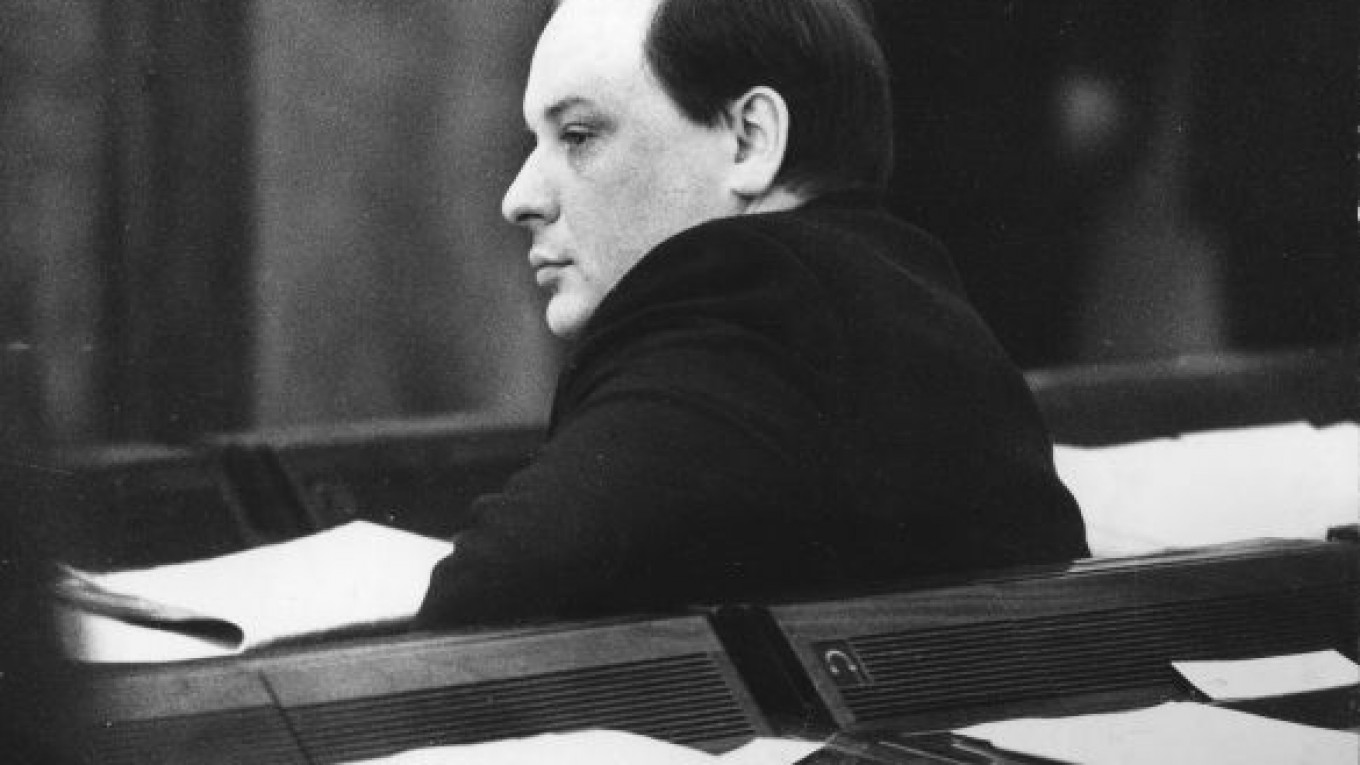The recurring question "What is to be done?" posed by Chernyshevsky and Lenin, will again be posed this week as government officials and international economists gather at the Gaidar Forum in Moscow on Wednesday to find ways out of the ongoing global crisis.
The world's economy is still crawling out of crisis, although the situation is better than it was in 2008 or 2009, said Vladimir Mau, rector of the Presidential Academy of National Economy and Public Administration, which will host the forum held in tribute to Yegor Gaidar, one of the architects of economic reforms of the early 1990s.
"Previously, the economists saw a way out, a driver, for developing markets but there has not been much growth there. The modest growth that occurred was in developed markets," Mau said.
And Russia is no exception. Although it has great potential to replace the $350 billion worth of annual imports with local production, the country has actually seen a reduction of investment activity over the past year. Latest estimates given by the Economic Development Ministry were that capital outflow would reach $55 billion to $60 billion by the end of 2013, and overall direct investment would be 0.8 percent less than it was in 2012.
One of the reasons for this is that the domestic economy is still mired in the middle of the matrix that balances risk and reward, severely retarding capital inflow.
"Because of underdeveloped government institutes, the risks here are high and so are the costs," Mau said.
This is a trap many rapidly developing economies fall into, he added. "Institutional development — improvement in the rule of law, the judicial system, protection of property, and a reduction of bureaucracy — does not catch up with the GDP growth and this factor starts to slow it down."
Another factor, closely related to the first, is a low level of trust in the government by business, former Finance Minister Alexei Kudrin said at a press conference in advance of the forum.
"Investors are saying they do not fully trust government policies, which are not transparent and understandable to them," Kudrin said.
At the same time the risks for investors have grown, he said, not only in Russia but throughout the BRICS countries.
Organizers of the Gaidar Forum view the event as an opportunity for the 3,000 participants, including Jacob Frenkel of J.P. Morgan Chase, Jeffrey Sachs of the Earth Institute at Columbia University, Paul Stevens of Chatham House and many others, to brainstorm. They will discuss a blueprint for the post-crisis world, fiscal policy, the future of renewable and traditional energy, ecology and other major issues. It is hoped the result of concentrating all that intellectual power and experience in one place will be several proposals of ways to boost the Russian economy and the global partners it is intertwined with.
Investors are waiting to hear the specific steps the government plans to take to fight stagnation, the former minister said.
"The forum's participants represent a mix of economists and politicians," said Mau. Together they may come up with some practical recipes on how to achieve a global economic recovery.
Prime Minister Dmitry Medvedev will be joined by eight of his ministers and 3,000 other participants at the forum. More than 300 of the attendees and speakers will come from abroad, including executives of large foreign corporations and banks.
The motto of the forum this year is "Russia and the World: Sustainable Development." History seems to repeat itself — two years ago the event's theme was "Russia and the World, 2012-2020," and the experts had heated discussions on what the economic policy should be in the next five to seven years and how to achieve sustainable growth. Two years ago, as now, the primary concern was that the domestic economy did not grow above 3 percent per year. And it was said at the time that the main reason for this was the poor business and investment climate.
However, last year the Gaidar Forum was dedicated to challenges of integrating Russia with the world. This, it seems, is not the hottest issue at the moment and experts are again addressing the challenges of overall economic development.
Contact the author at a.panin@imedia.ru
A Message from The Moscow Times:
Dear readers,
We are facing unprecedented challenges. Russia's Prosecutor General's Office has designated The Moscow Times as an "undesirable" organization, criminalizing our work and putting our staff at risk of prosecution. This follows our earlier unjust labeling as a "foreign agent."
These actions are direct attempts to silence independent journalism in Russia. The authorities claim our work "discredits the decisions of the Russian leadership." We see things differently: we strive to provide accurate, unbiased reporting on Russia.
We, the journalists of The Moscow Times, refuse to be silenced. But to continue our work, we need your help.
Your support, no matter how small, makes a world of difference. If you can, please support us monthly starting from just $2. It's quick to set up, and every contribution makes a significant impact.
By supporting The Moscow Times, you're defending open, independent journalism in the face of repression. Thank you for standing with us.
Remind me later.






